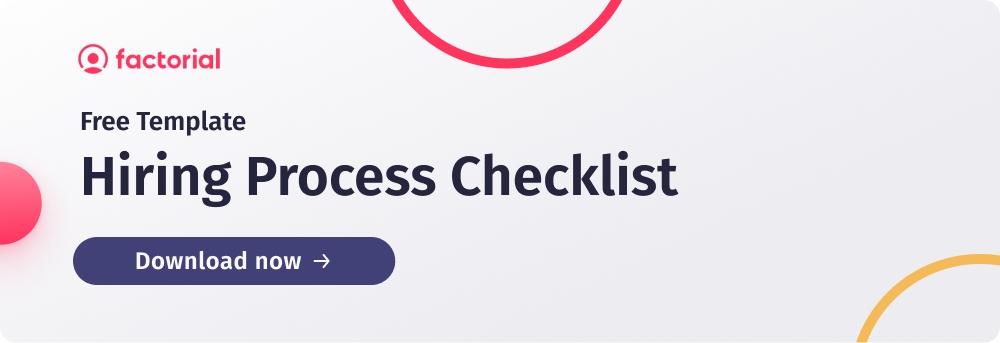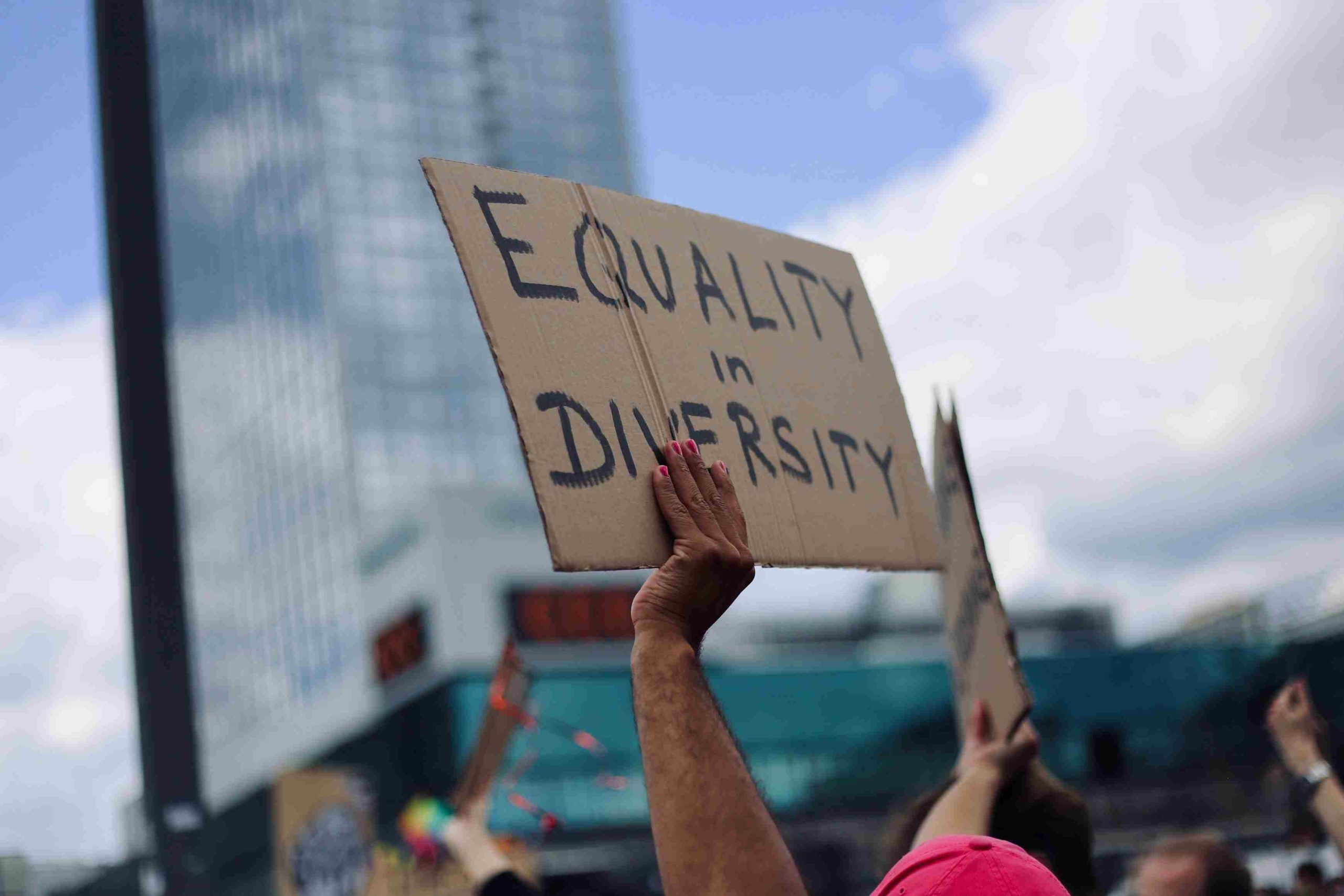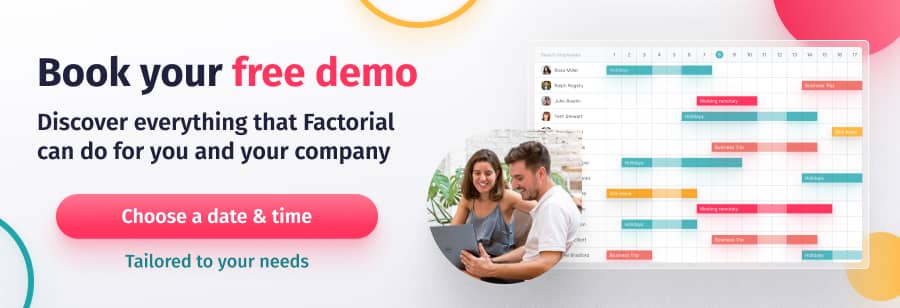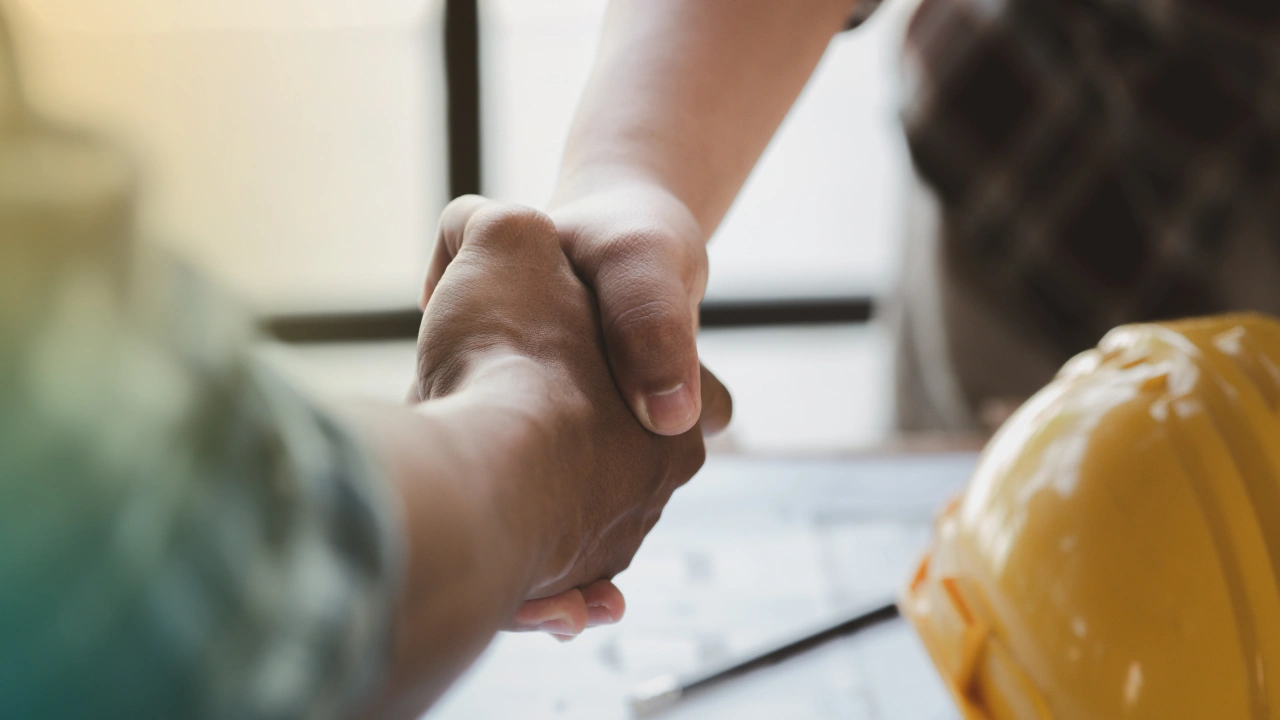In our latest Fireside Chat, Kate Usher, a Menopause Coach and Gender Equity Consultant, and Daniele Fiandaca, Founder of Token Man Consulting, shared their inside knowledge on how to embrace gender equality in the workplace. But most importantly they discussed gender equity vs gender equality among coworkers. Here you can read a short summary of the main concepts and questions they discussed.
What does gender equity mean? And how is it different to gender equality?
Let’s begin with defining both gender equity and gender equality. The International Women’s Day website has defined them perfectly:
- Equality means each individual or group of people is given the same resources or opportunities.
- Equity recognises that each person has different circumstances, and allocates the exact resources and opportunities needed to reach an equal outcome.
According to our speakers and consultants, equality is getting the same opportunities and chances for everyone, regardless of the starting point of their lives. Some of us have greater opportunities, while some of us come from a place where we have no opportunities whatsoever and we’ve had to work extremely hard just to get to that starting point.
Equity, on the other hand, is all about creating a situation where you draw up those people who don’t have that privilege or opportunity to get to the starting point. You draw them up so that they are on an equal playing field, to begin with, and then you can talk about equal opportunities. And it works regardless of whether you’re talking about gender, ethnicity, ableism, or diversity equity and inclusion initiatives.
For me, gender equity is about recognising and ensuring that women are treated with a level of equity that enables them to continue with their careers throughout this process. And we need to incorporate things like not just where we come from and how we start, but also the fact that our careers quite frequently don’t progress at the same rate as our male counterparts. And equally, being away and having children can impact our ability to move forward in our career as well and we have other life events such as menopause that impact that too. So, for me, that’s what gender equity is. – Kate Usher
Equality is equal opportunity. Clearly, there are barriers to those opportunities within the workplace. So for me, equity is really equal outcomes: giving people the ability to have equal outcomes. – Daniele Fiandaca
What are the biggest barriers to gender equity in the workplace right now?
There are a lot of barriers when it comes to gender equity in the workplace. But the biggest barrier of them all is ignorance.
It’s a fact that too many people are just unable to perceive other people’s experiences. Here, a great role plays the lack of good education, as well as the lack of unconscious bias training.
However, what makes people understand and embrace gender equity is the right type of training.
How men are feeling
53% of men in the UK think we have gone too far with gender equality and they are now being discriminating. And if you think that the new generation will fix this, that figure was 52% for all Millennials and all Gen Z. So what we’re seeing is a huge misunderstanding and a huge issue with connecting with the right audiences. I started to command 10 years ago because no one was talking to men about gender equity. And it has changed but it hasn’t changed the level. Unfortunately, they are still the majority in many senior leadership teams and positions of power. – Daniele Fiandaca
No minority has created change without the support of the majority. I think that that is the critical point here. If we are constantly looking to women to change things (change themselves, change the environment they’re working in, change men, change everything), it’s not going to happen. The figures are just devastating that over 50% of men in Gen Z and Millennials are thinking that way. Women need men on their side to ensure that we actually change. If we look at the FTSE Women’s Report, there are still too many organisations that simply don’t have 30% of women on their boards. And there are organisations that still don’t have any women at all on their board. And that is shockingly bad. So, we need to change the environment we’re in and we need to change the conversation. We also need to start looking at what is driving that perception as to why men are thinking that way. What is it that’s making them feel vulnerable in the way that they feel that it has gone too far? – Kate Usher
Gender-equal and gender-inclusive environments
Setting our cultures out as gender-equal and gender-inclusive environments it’s really important. And equally, ensuring that our places of work are designed to be inclusive so that they include the needs of all genders and all abilities to ensure that it’s a place which draws people in.
Many organisations today are looking at that and they are looking at ways to draw people back to the office, especially working mothers, and most definitely that needs to be taken into consideration when we are thinking about the physicality of our working environment.
When my husband and I had our own kids, he would have loved to have been more involved in the process of raising them. So why aren’t we encouraging that? I saw a survey that said that 30% of Gen Z and Millennials are saying that it wouldn’t be a masculine thing to be a stay-at-home dad. For baby boomers, it was 14%. We are seeing a sweep in the other direction that is extremely worrying and I think we need to instead of just focusing on women, we have to focus on men and understand what’s driving this. – Kate Usher
We also got to start accepting that most workplaces are masculine. We’ve done three different and really interesting pieces of research where we’ve asked the question: “Are your workplaces masculine?” and it’s still only 36%. So then when we ask which leadership traits are most rewarded, seven out of ten are masculine traits. If you actually start to dig underneath, it’s the traditional masculine traits that are still most rewarded. And while the employees understand what should be rewarded to be inclusive (things like vulnerability, empathy, culture, intelligence), what we are seeing is that those treats are not coming up in the top 10. So what we see is that leadership needs to start rewarding those inclusive leadership traits far more. – Daniele Fiandaca
Impact of menopause
People don’t understand why women are leaving, or what is happening and they never recover from that. It doesn’t happen at the end of our career, it happens right in the middle of it, two decades before the end of it. And that’s why this is a gender equity issue.
Menopause will affect every single woman. It has an impact on female life and it will also have an impact on transmen and non-binary people. So, it’s going to occur for most between the ages of 45 and 55, although we see the symptoms very early.
The issue here is that it happens at the point where people are starting to really push forward with their careers. It’s the power phase when they’ve got back from their kids (if they had any) and they are really starting to push for the C-roles.
So, for organisations, it is strategic in order to keep women in this phase, so that they can take their seats in that C-role.
The issue here is that as they come into this, these symptoms come along and if we don’t talk about it and if we don’t support women, then 10% of all women leave work completely and a further 10% consider leaving work. And then the 20% of your top talent are thinking that they may leave your organisation at the point when they are most valuable.
You have invested heavily to this point, you have trained them, they are connected, they have knowledge of how your organisation and your industry work and at that very moment they can step away either out of the organisation completely or away from their potential.
And that’s when this starts to get a really serious issue. Because, once out, women find it very difficult to come back. But economically in our hybrid world where now (obtaining that level of connectivity that most of us established in an office-based or working-place environment), so we made our bonds, relationships and interconnections within an organisation and globally just naturally via serendipities. In this world, that serendipity doesn’t occur anymore (it’s engineered) is even more impactful. We are losing really important talented people from the workplace. So, it becomes an issue that every organisation has to consider in order to keep that talent in place. – Kate Usher
Why is gender equality important and why do we need to engage men with gender equity?
Women aren’t considered minorities in the workplace but unfortunately, they still are minorities in senior leadership positions. That doesn’t change the culture and we’re talking about exclusive predominant cultures.
The people that benefit from that culture are people that have spent their lives in the in-group. And there was a wake-up call last year for the I&D industry and we have to understand why those men are saying that we need to start listening to people talking about why men feel like they’ve been discriminated against.
We’re not seeing women coming through actually taking a proper seat in the C-Suite. And this means that they have no influence over culture, no influence over the way the organisation is run on a day-to-day basis. And until women have those positions of influence, then it really is only a numbers game. – Kate Usher
I’ve been in this space for six years and I’ve never delivered unconscious bias training and never will. It has been proven that it has no impact whatsoever. And sometimes there is a risk that unconscious bias training allows people to excuse their behaviour. But, knowing your biases is an inclusive leadership skill. So, you need to talk about it. It needs to be part of training, but it never should be stand-alone. – Daniele Fiandaca
So, the answer is: we should be training everyone about inclusion, diversity and equity but alongside unconscious bias training we should be talking about all of the other barriers. Workplaces are not inclusive of primary caregivers. And it just happens that actually, a majority of those are women. So, if we talk about the glass ceiling, there’s no doubt that primary and equal caregiving gets in the way of being promoted to those senior positions. We should be talking about microaggressions, power and privilege, culture and intelligence. All of those things should be sitting alongside.
Watch the Live Fireside Chat with Kate and Daniele
HR Software for Managing Employee Engagement and Inclusion
One company’s commitment to gender equity and equality will not be enough to overcome centuries of systematic oppression and deeply ingrained prejudices and discrimination. That’ll take a lot of effort from people outside of an organisation.
However, committing to making an improvement can inspire everyone inside and outside of your company. The world moves forward when people and organisations make it so. By making diversity, equity, and inclusion part of your operations, you’ll be doing your small bit in the name of progress. And if all companies and people do that, then the future will look much brighter than the past.
About Kate Usher and Daniele Fiandaca
Kate Usher
Kate Usher is an experienced Menopause Coach and Gender Equity Consultant. She works with women and organisations to create simple strategies that enable modern and supportive Menopause conversations. Ensuring women retain their careers and organisations continue to benefit from some of their most brilliant employees.
In addition to this, she had a nearly 20-year career working for FTSE 100 organisations as a Global Project Manager. She managed teams across four continents implementing complex processes, systems and organisational change projects. She is an internationally published author, and her book ‘Your Second Phase – reclaiming work and relationships during and after Menopause’ was shortlisted for the Business Book of the Year Award.
Daniele Fiandaca
Daniele Fiandaca is the founder of Token Man Consulting, an inclusion and diversity consultancy which specialises in engaging senior leaders and men with I&D and inspiring them to become inclusive leaders and agents of change, creating workplaces that are truly inclusive and diverse.
Token Man Consulting was born from Token Man, an initiative he co-founded nearly a decade ago to engage men with the gender equity discussion and is also co-founder of Masculinity in the Workplace, one of the few I&D events that have a majority male attendance. He was named one of Management Today’s Top 30 Male Agents of Change, and most recently, one of the Top 50 Trailblazers in Gender Equality in the UK.




